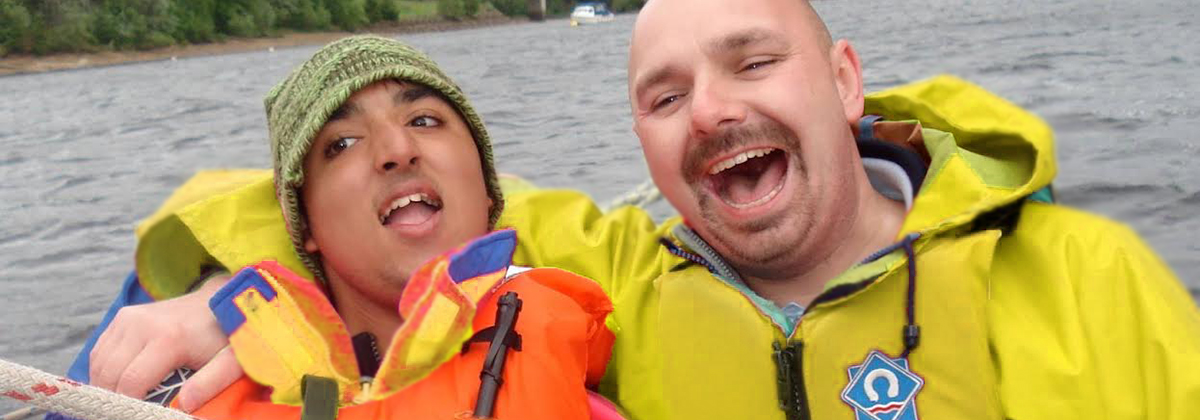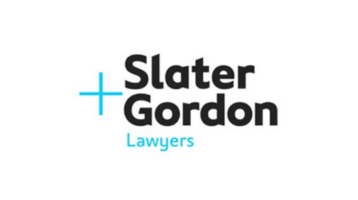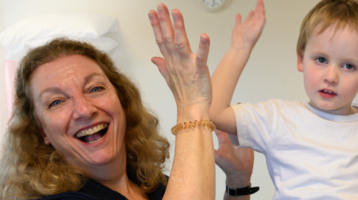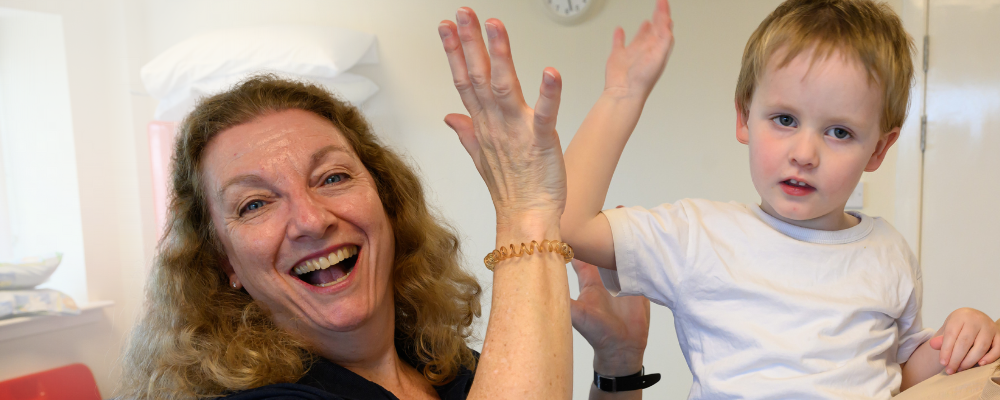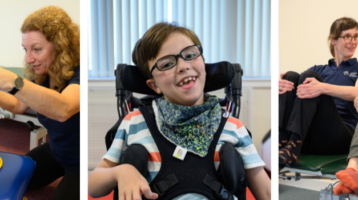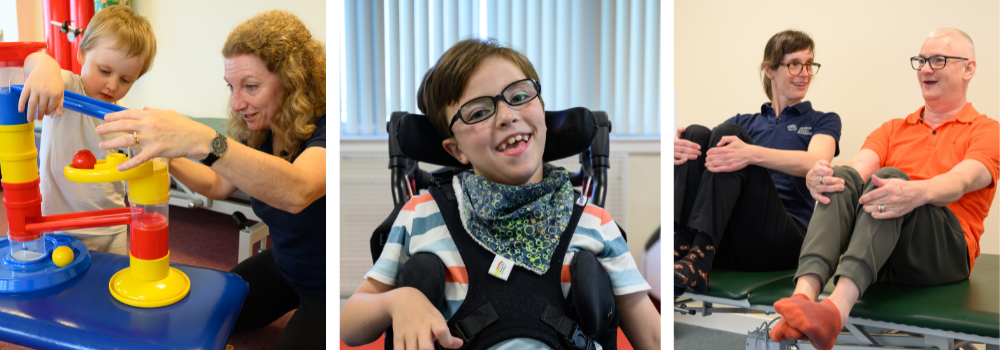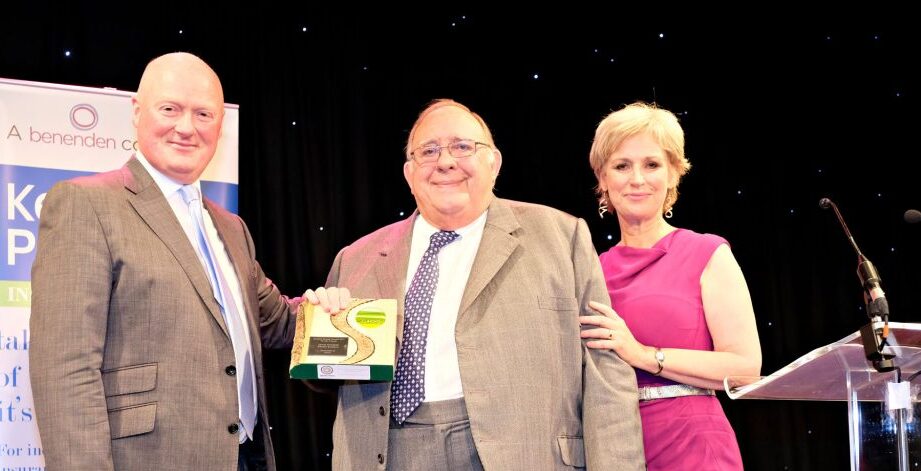CP is a lifelong condition. While the original injury to the brain doesn’t get worse over time, this doesn’t mean CP is a ‘static’ condition that never changes.
As a person with CP grows, they can develop secondary problems with their muscles or skeleton, such as increased tightness in muscles and joints and dislocations. This can change a person’s physical abilities over time. People can also experience problems with pain and fatigue as they grow older.
It is important for everyone to stay active, maintain mobility, reduce loss of function and avoid or reduce pain. This is especially true for those who have cerebral palsy.
Ageing with cerebral palsy
Everyone’s body deteriorates with age, yet many are not aware that people who have cerebral palsy can experience premature ageing or additional health issues as a result of growing older.
Working with a specialist therapist can highlight potential difficulties which can then be addressed before they happen, before they develop further, or to reduce the impact of such.
